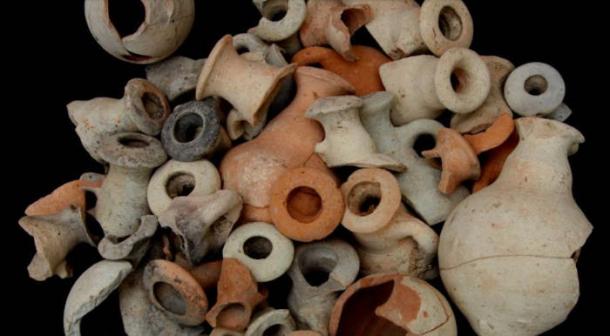🔴 Website 👉 https://u-s-news.com/
Telegram 👉 https://t.me/usnewscom_channel
Pottery shards, coins, and bones can survive for millennia beneath the soil, but the scents of antiquity typically escape archaeological recovery. Now, for the first time, an interdisciplinary team of researchers has comprehensively analyzed the production, technology, and contents of 51 ceramic oil vessels from the Phoenician settlement of Motya, located on an island off the coast of Sicily. Their findings reveal the central role of scent in shaping identity, memory, and cross-cultural exchange in the Mediterranean region during the Iron Age. Researchers from the University of Tübingen and the Complutense University of Madrid led the study. It has been published in the Journal of Archaeological Method and Theory.
The vessels examined – plain, small ceramic bottles measuring between 15.5 and 18.5 cm in height – date from the 8th to 6th centuries BC and were usually found in tombs, houses, and sacred areas. “Their widespread distribution across and beyond the Mediterranean suggests these vessels fulfilled diverse functions,” says Dr. Adriano Orsingher from the Department of Prehistory, Ancient History, and Archaeology at the Complutense University of Madrid, who is currently Honorary Research Fellow at the Institute of Biblical Archaeology at the University of Tübingen. Together with Dr. Silvia Amicone of the Archaeometry Research Group at the University of Tübingen, he led the study in collaboration with universities in Italy and the United Kingdom.
